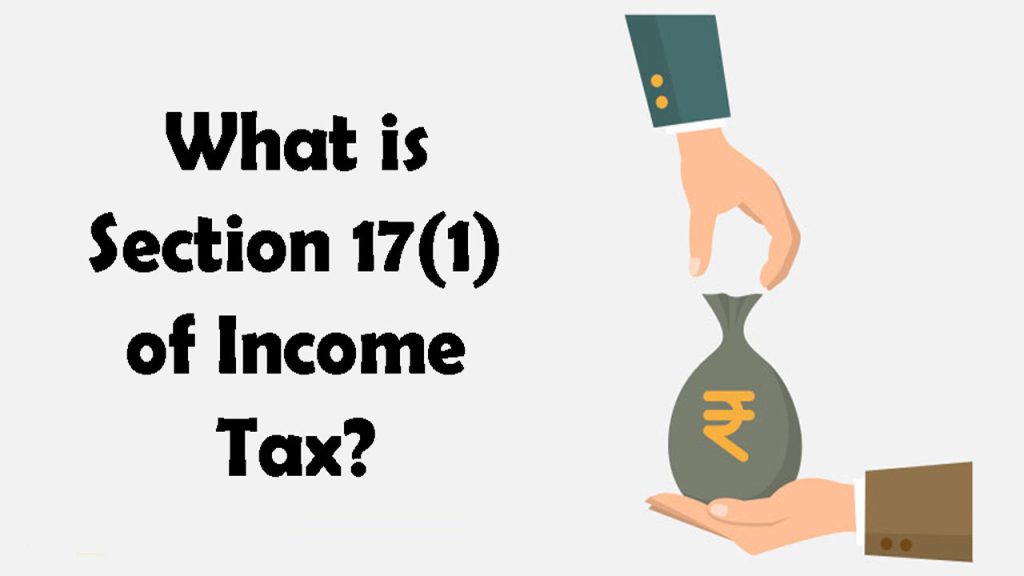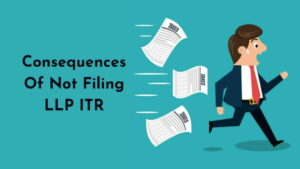Section 17(1) – Salary is the compensation earned by or accumulating to an individual on a regular basis for services performed under an express or implied contract. In terms of taxability, the real receipt of salary in the preceding year is insignificant. The presence of an employee & employer connection is a requirement for taxing a specific receipt underneath the heading ‘salaries.’ For example, a partner’s salary from his partnership firm holding on a business is not taxable as “Salaries,” but rather as “Profits & Gains from Business or Profession.”
Likewise, an individual’s salary as an MP or MLA is taxable as “Income from other sources,” whereas an individual’s salary as a Minister of State/Central Government is taxable underneath the heading “Salaries.” Pension earned by a taxpayer by his previous employer is taxable as “Salaries,” while pension earned by relatives of his siblings on his demise (Family Pension) is taxable as “Income from other sources.”
What is salary as per section 17(1)
Section 17(1) of the Income Tax Act provides a broad, but not complete, description of the term “Salaries.”

- Wages.
- Annuity or pension.
- Gratuity.
- Fees, Commission, perquisites or profits in lieu of salary.
- The advance of Salary.
- Amount transferred from unrecognized provident fund to recognized provident fund.
- Contribution of the employer to a Recognised Provident Fund in excess of the prescribed limit.
- Leave Encashment.
- Compensation as a result of variation in Service contract etc.
- The contribution made by the Central Government to the account of an employee under a notified pension scheme.
Here is the explanation of a few termed used in income tax section 17(1).
Must read – What is Section 80GGB?
What is wages?
A wage is a money given to workers for time spent working for a firm. Wages are often calculated depending on the amount of time worked. This is often done on an hourly basis.
What is an Annuity?
An annuity is an agreement between the person and an insurance firm wherein you give a lump-sum payment or sequence of payments in exchange for frequent disbursements that start either sooner or later.
What is a Pension?
In pension and individual deposits some portion of his salary during his employment years and after his retirement the person gets the money he deposited on monthly bases.
What is a Provident Fund?
A provident fund is a government-administered, compulsory retirement funds plan used in India as well as other developed countries. These funds often share certain features with employer-provided pension funds.
A worker contributes a percentage of his or her wages to the provident fund, and the employer shall contribute to the workers’ behalf. In other nations, the money in the fund is maintained and managed by the government before being transferred by retirees or their surviving families. In other instances, a provident fund also might payout to the unemployed who are unable to work.
What is a Leave Encashment?
According to labour law, every salaried person is eligible to a certain number of paid days off each year. Furthermore, an individual employee is not required to use all of his or her annual leave entitlement. In addition, most employers give workers the choice of carrying over unutilized paid time off. This will inevitably leave the employee with an unutilized leave balance at the period of retirement or resignation from the firm. This obligates the employer to pay the workers for unused paid leave.



